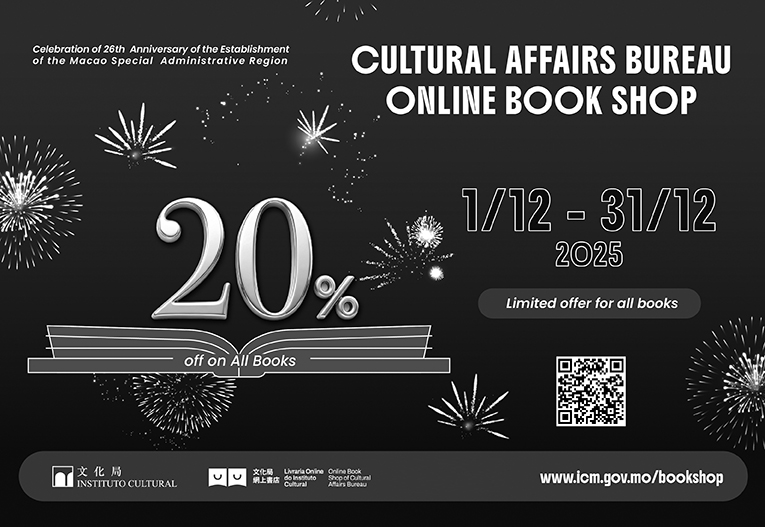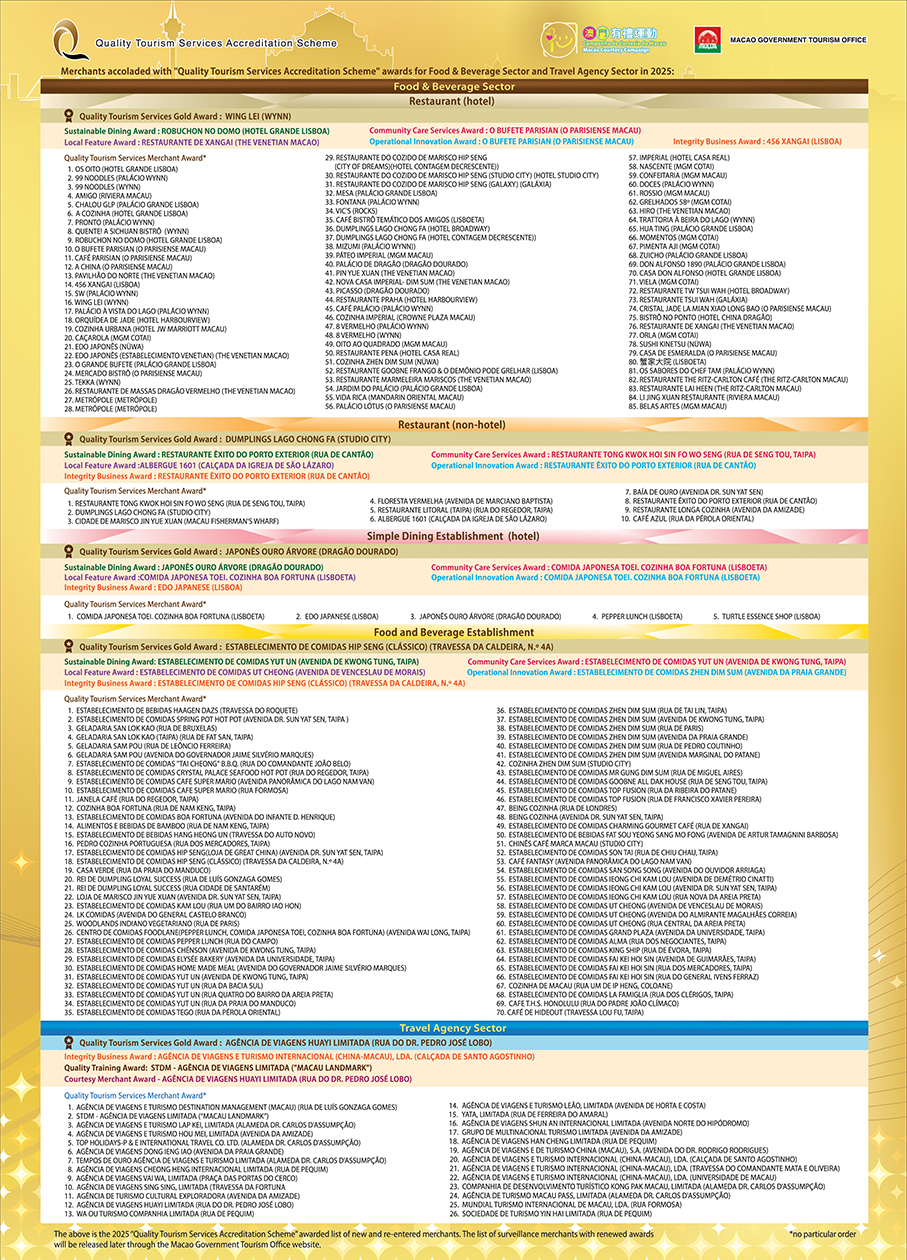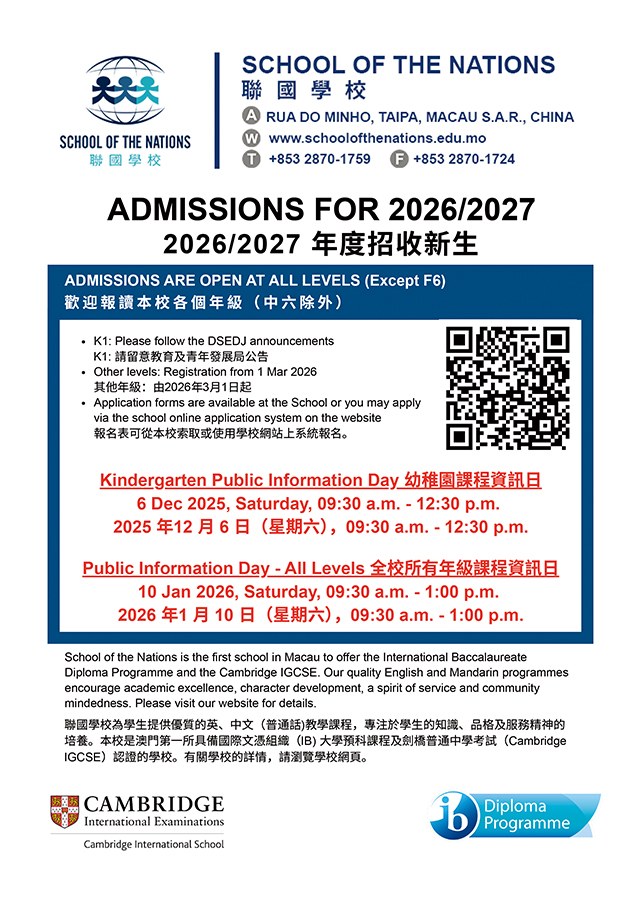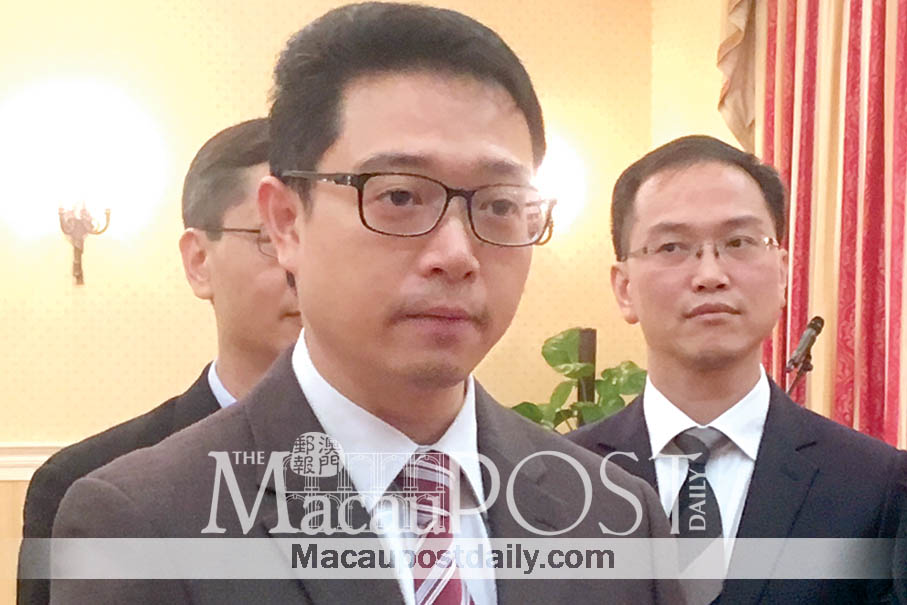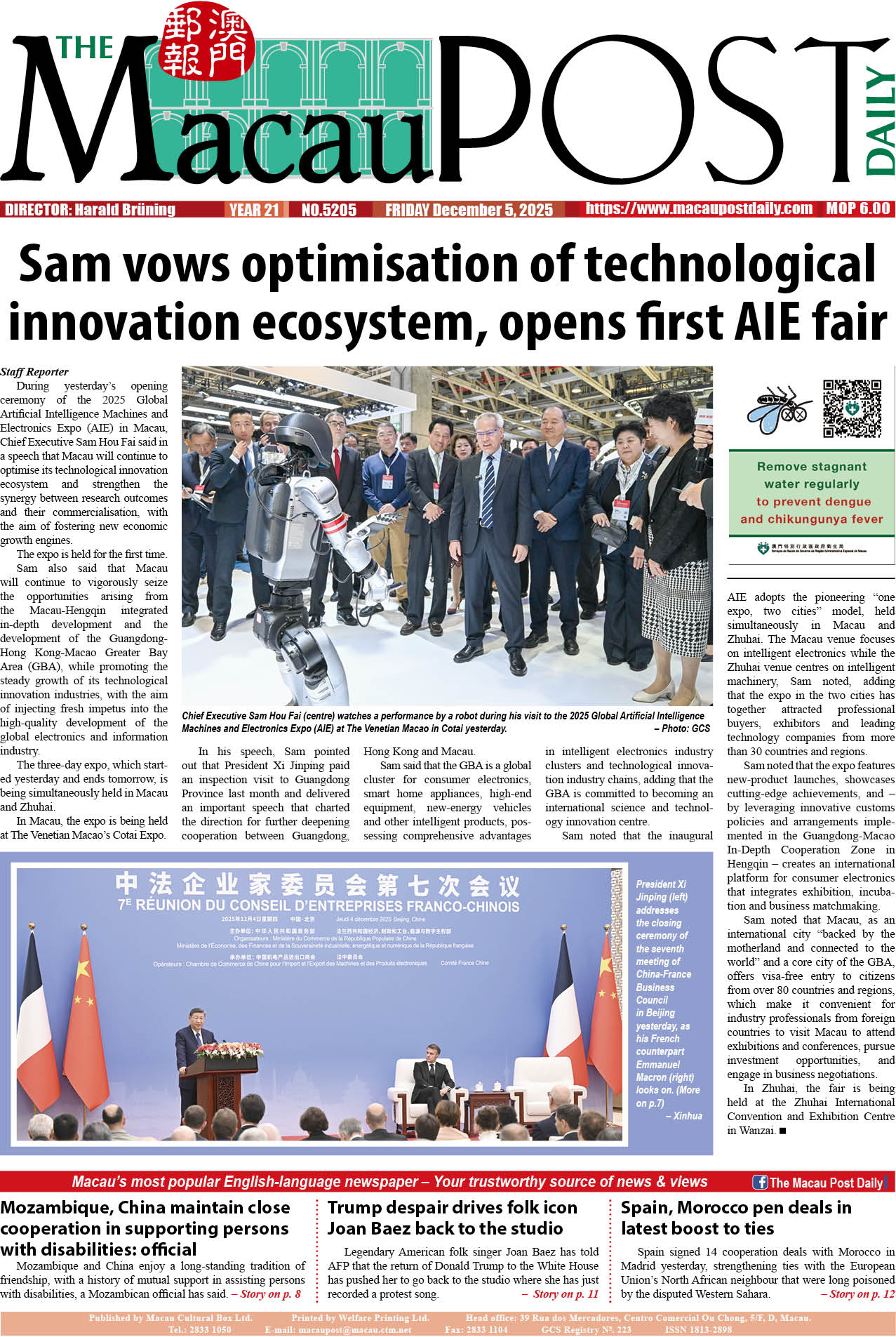Editorial
Quite fittingly, President Xi Jinping stressed in his high-profile meeting with US business magnate and philanthropist Bill Gates at the Great Hall of the People on Friday that “the foundation of China-US relations lies in the people.”
Xi, who called Gates “an old friend”, added that “we have always placed our hope in the American people and wish all the best for the friendship between the two peoples”.
The meeting between the two old friends (Xi just celebrated his 70th birthday and Gates will be 68 in October) was extremely significant as it took place at a time when anti-China hysteria bordering on racism among certain politicians in the US and elsewhere in the West (such as the UK and Germany) is rampant. Besides, the meeting was held at the Great Hall of the People, the most important venue for meetings and events held by the central authorities. And it also took place shortly before US Secretary of State Antony Blinken touched down in Beijing for talks with Foreign Minister Qin Gang at the Diaoyutai State Guesthouse and Premier Li Qiang’s working visit to Berlin and Paris this week.
I have always admired Gates, co-founder of Microsoft and the Bill & Melinda Gates Foundation, not just for his business acumen but, even more, for his foundation’s goal of enhancing healthcare and reducing extreme poverty across the world.
I do regard the enhancement of healthcare and the alleviation of poverty as one of the greatest contributions to the advancement of humanity. Human rights without either are a vacuous concept of people’s dignity.
In their meeting, Xi praised Gates and the foundation, which Bill and his ex-wife Melinda set up right at the beginning of the current millennium, for their long-term effort to promote poverty reduction, health, development and philanthropy around the world.
Unlike fellow US business mogul and philanthropist George Soros and his Open Society Foundations, Bill and Melinda Gates and their endowment have refrained from attempts to alter political realities the world over, focusing on pressing bread-and-butter issues instead.
According to Xinhua, Xi told Gates that China is first and foremost focused on solving its own problems and that it will consolidate its achievements in poverty alleviation, realise rural revitalisation, and constantly improve rural health. The president emphasised that the central authorities remain committed to advancing the “great rejuvenation of the Chinese nation on all fronts through a Chinese path to modernisation”, and that “China will never fall into a pattern of seeking hegemony, and will instead work with other countries to achieve common development and build a community with a shared future for humanity”.
Xi also told Gates: “You’re the first American friend I’ve met in Beijing this year.” Gates said that China has made remarkable achievements in poverty reduction and its COVID-19 response, setting a good example for the world.
The Bill & Gates Foundation announced on the eve of the meeting that it would give US$50 million to support Chinese efforts to fight malaria and TB.
The meeting was held at a time when certain politicians in the West are promoting the concepts of “de-risking” and “systemic rival” vis-à-vis China. At least for some of them, both concepts seem to be euphemisms for “de-coupling” and “unwelcome competitor”.
While de-risking and re-risking are common approaches by entrepreneurs and investors to tackle business risks (considering that business per se is a risk; after all, the etymology of “risk” comes from the Italian word for “danger”), “de-risking” as an ideology-driven political tool is highly problematic, such as when EU apparatchiks in Brussels are apparently trying to impose the knotty concept on all the union’s 27 member countries that, of course, have rather different approaches and interests as far as their relations with China are concerned.
East Timorese President José Ramos-Horta told his international audience at the 20th Asia Security Summit/The Shangri-La Dialogue in Singapore on June 4 that it is “too convenient and unpersuasive to look at China with tunnel vision as a regional and global threat”.*
Ramos-Horta, whom I had the pleasure to meet a few times in Macau in the 1990s and in Dili in May 2002 when his half-island nation was finally able to restore its independence after over four centuries of foreign rule, is one of the world’s most adroit politicians. A co-recipient of the 1996 Nobel Peace Prize for working “towards a just and peaceful solution to the conflict in East Timor”, Ramos-Horta has been pre-eminently involved in his country’s independence and development since the mid-1970s. A former prime minister and foreign minister of Timor-Leste (East Timor’s official Portuguese name), now aged 73, I am sure he would have been an efficient secretary-general of the United Nations and mediator in the Russia-Ukraine conflict.
In Singapore, Ramos-Horta stressed that “China has spread globally. It is now a global power. Its interest, the wellbeing of its people, its security are intertwined with those of the rest of the world. I would think that China has every interest not to kill the cow that’s supplying the milk.”
Absolutely!
Ramos-Horta urged his “friends in the West and Europe” to understand why so many countries around the world seem to be shifting their priorities to China. He mentioned a conversation that he had with an impoverished Somali diplomat in Geneva in the early 1990s, after both Somalia and the USSR had “imploded”. The diplomat told him then that post-USSR, “…no one is helping us”. Ramos-Horta pointed out that some quarters at that time believed or feared that “the collapse of the Soviet Union would have an unpredictable contagious impact on China. Well, China survived it all. Fast forward to 2023: China is a true global power, a magnet for disillusion with the West.”
Ramos-Horta, without whom East Timor would most likely not have been able to restore its independence, also said: “We earnestly hope that the US and China manage their economic, trade, scientific and technological and influence-seeking competition with serenity and wisdom so as not to weaken themselves as credible deterrents and guarantors of peace and stability in Asia and beyond.”
Wise words indeed!
Ramos-Horta, who survived an assassination attempt in Dili in 2008, concluded: “I haven’t seen my Somali friend in a long time. But nowadays, he would probably say, ‘We are no longer alone. Now, we go to China.”
I hope that Western diplomats have got Ramos Hortas’ message.
China is now one of the world’s major powers and the economically, politically and militarily most influential leader of the Global South. Even its soft power is on the rise as seen by the growing popularity of its Confucius Institutes worldwide. China deserves more understanding and respect by the West – including its red-line Taiwan question.
The West’s barrage of sanctions targeting countries, companies and individuals is the wrong way of tackling a complex range of political, economic and commercial issues affecting relations between the Global North and the Global South. According to a recent op-ed article by The Washington Times, as of the beginning of this year, nearly 12,000 entities were under US sanctions. Brussels and London have also been imposing a raft of sanctions on a growing number of entities including those for their alleged involvement in a string of armed conflicts such as in Ukraine.
Danish analyst Jan Oberg has come up with a neologism for the phenomenon – “sanctionitis”.**
Instead of unilateral sanctions that all-too-often impact the lives of the world’s most vulnerable people such as the poor, children, the elderly and women, global governance needs more people-to-people exchanges and more frank but constructive dialogue between governments representing different political systems.
That’s why Blinken’s talks in Beijing and Li’s in Berlin and Paris are welcome developments as such, irrespective of their concrete outcomes. What’s important is that they are candid and constructive and, thereby, help prevent misunderstandings and the perilous crossing of red lines that, by the way, all nations have.
I am convinced that people-to-people exchanges are the best way to tackle the risky North-South divide that, I fear, will continue to bother global governance for decades to come. That’s why political risks must be managed in a timely manner and with the necessary foresight – unlike what’s happening in Ukraine, Yemen, Libya, Syria, Mali, etc.
– Harald Brüning
* https://www.iiss.org/globalassets/media-library---content--migration/files/shangri-la-dialogue/2023/final-transcripts/p-6/dr-jose-ramos-horta-president-timor-leste---as-delivered.pdf
** https://transnational.live/2022/11/18/jan-oberg-the-wests-sanctionitis-militarism-and-other-self-destructive-impulses/

